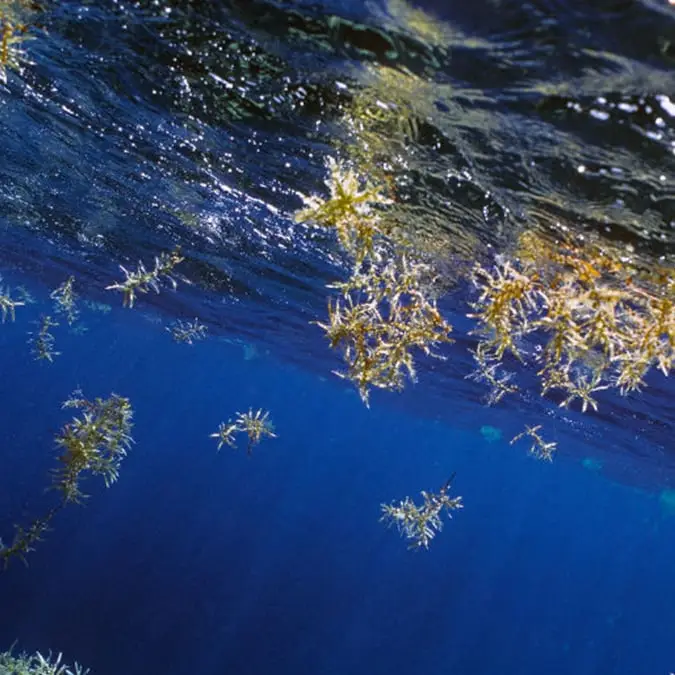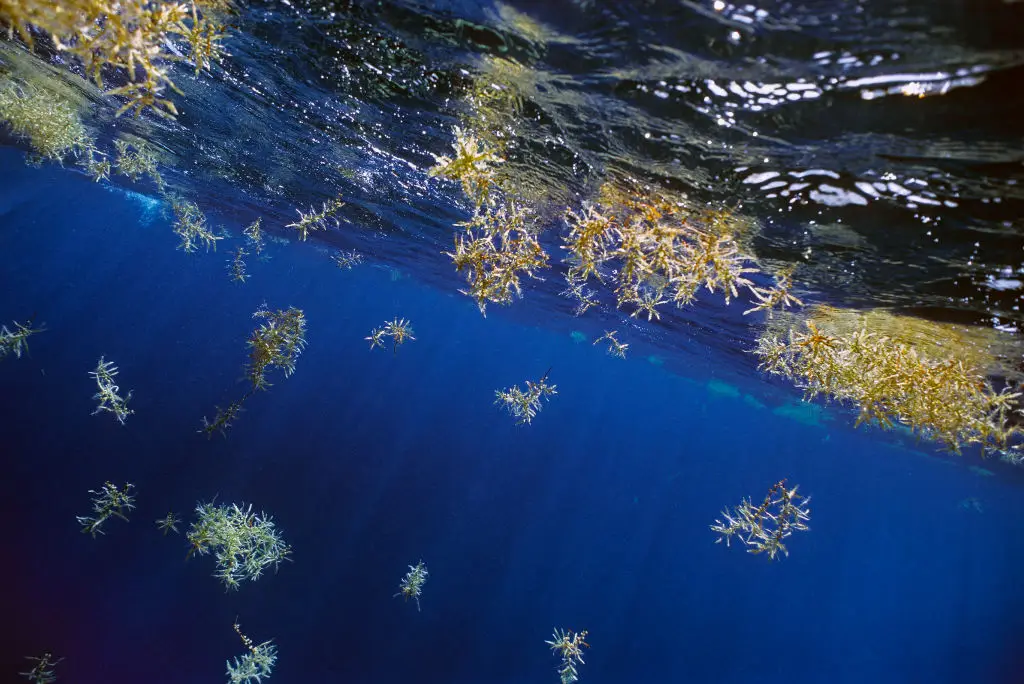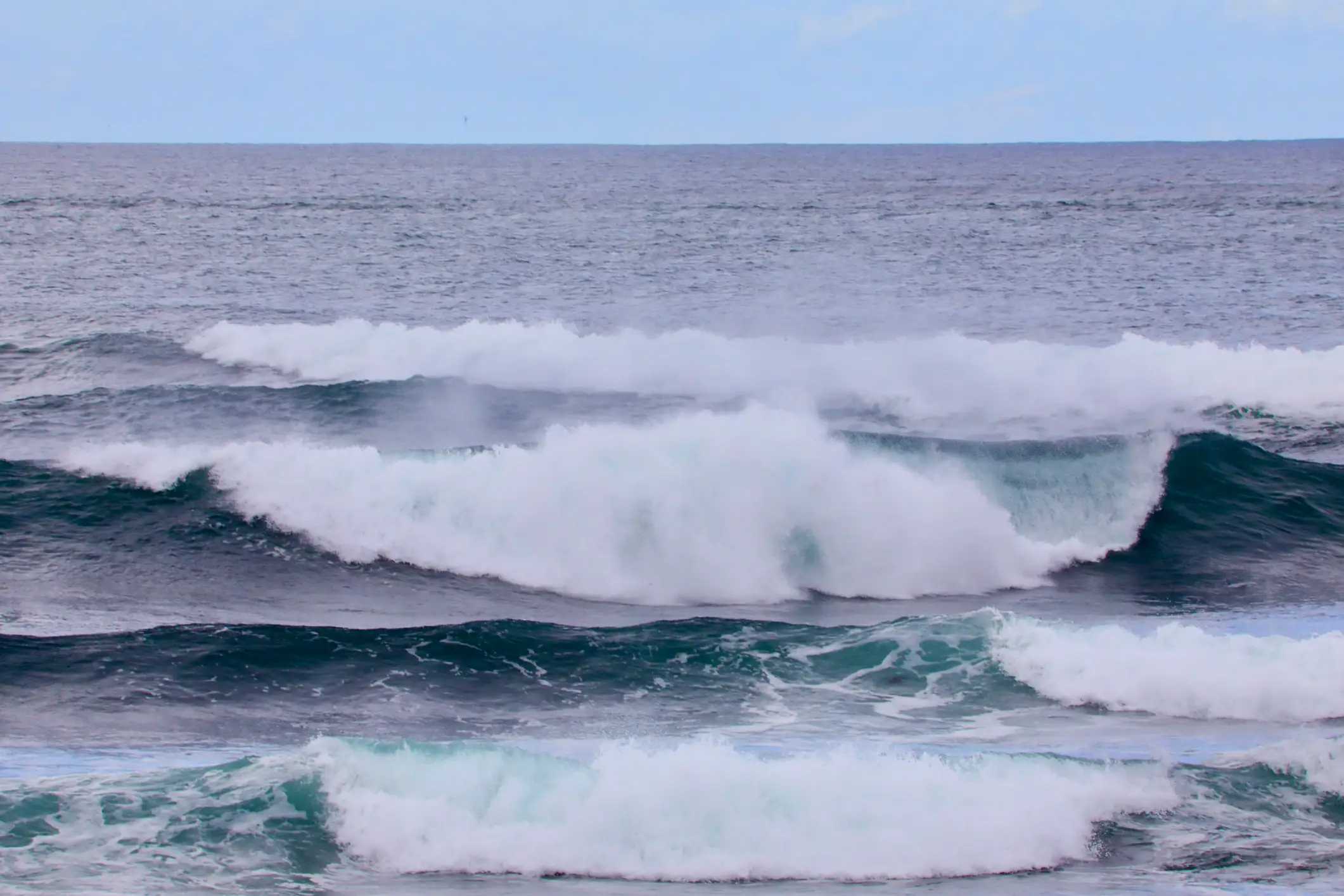
A fascinating sea that doesn’t touch any land is home to one of humanity’s most shameful sites.
Yep, you read that right - there is a body of water on Earth that doesn’t touch any coastline at all.
While it might be hard to imagine, the water is found in the Atlantic Ocean and is known as the Sargasso Sea.

Advert
However, there is no beach at this sea and instead it is known for its unique characteristics.
Although, this is necessarily a good thing.
The sea is marked out by ocean currents and is covered by a foul-smelling seaweed called Sargassum.
And that’s not all, because found in the Sargasso Sea is a manmade island that people have described as the North Atlantic Garbage Patch.
The surface of the patch is made up of microplastics, a lot of which are commonly found in household items.
That being said, it isn’t all bad - the area is also home to a ‘haven of biodiversity’.
According to the Sargasso Sea Commission, an endangered species of eels even use the sea as an area to breed, and whales and fish including tuna tend to migrate through it.
The sea was created by four currents which include the North Atlantic Current that travels north, the Canary Current which travels east, the North Atlantic Equatorial Current that heads south, and the Antilles Current, which travels west.

These currents trap a body of water within them, which has become the Sargasso Sea.
The currents also trap in debris floating in the ocean that gets added to the garbage patch.
Experts use the elements of this sea to determine things like the impact of climate change, and unfortunately, things are not looking too good.
According to a new study, the sea is getting much warmer and more acidic than it has ever been before and this could impact the entire ocean.
Nicholas Bates is the lead author of the report as well as a chemical oceanographer and he has warned people that the ocean is the warmest it has been for ‘millions and millions of years’.
Not only could this impact marine life but it also could affect the entire global cycling of water as Bates said it could change ‘where it rains or where it doesn’t’.
Talking to LiveScience, Bates revealed that he believes the Earth could have reached a point of no return with global warming.